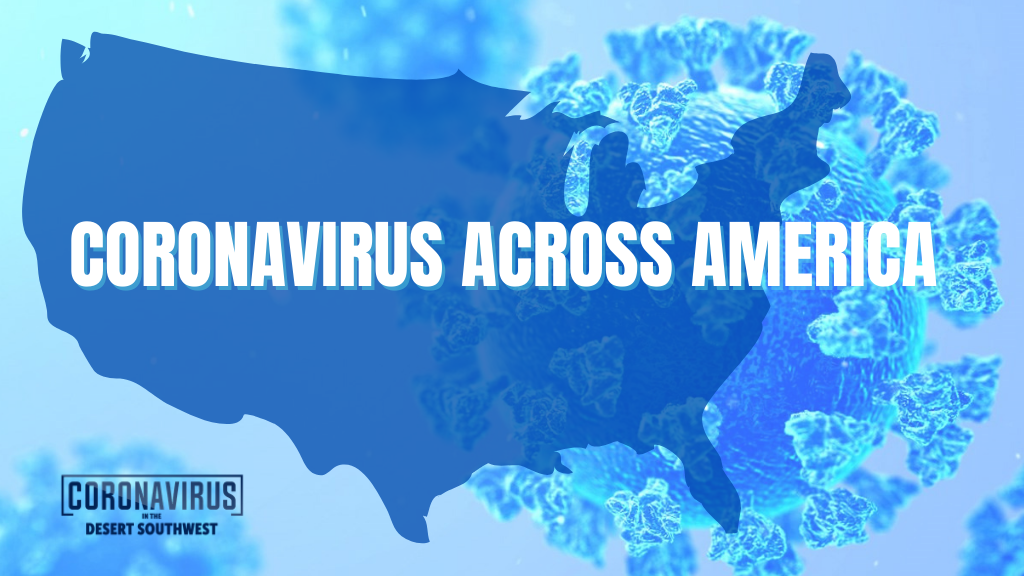Covid vaccines do not harm placenta, contrary to social media misinformation, study finds

There’s no biological basis behind ongoing social media claims that Covid-19 vaccines can harm the placenta, the organ that provides a growing baby oxygen and nutrients during pregnancy.
“There’s no theoretical reason to believe these vaccines would be harmful,” Dr. Richard Beigi, who sits on the Immunization, Infectious Disease, and Public Health Preparedness Expert Work Group of the American College of Obstetricians and Gynecologists, told CNN in a Q&A on the subject.
“There’s never been any vaccine that’s been linked with infertility,” he said.
Yet that hasn’t stopped the spread of misinformation that can foster fears and lead to vaccine hesitancy among expectant mothers.
“We have reached a stage in vaccine distribution where we are seeing vaccine hesitancy, and this hesitancy is pronounced for pregnant people,” said Dr. Emily Miller, assistant professor of obstetrics and gynecology at Northwestern Medicine, in a statement.
In a new study published Tuesday, Miller and her team at Northwestern confirmed that Covid-19 vaccines do not harm the placenta and affect pregnancy adversely as a result.
“Our team hopes these data, albeit preliminary, can reduce concerns about the risk of the vaccine to the pregnancy,” Miller, a co-author of the study, added.
A ‘black box’
The study, published Tuesday in the journal Obstetrics & Gynecology, was the first to examine the impact of Covid-19 vaccines on the placenta, the authors said.
As the first organ to form during pregnancy, the placenta is critical to the development of a fetus because it provides oxygen to fetal tissues while lungs develop, and nourishment while the digestive tract is forming. In addition, the placenta produces needed hormones and passes on antibodies at the end of pregnancy to protect the baby after birth.
“The placenta is like the black box in an airplane. If something goes wrong with a pregnancy, we usually see changes in the placenta that can help us figure out what happened,” said study co-author Dr. Jeffery Goldstein, assistant professor of pathology at Northwestern University Feinberg School of Medicine in a statement.
Miller and Goldstein examined placentas from 84 vaccinated women and 116 unvaccinated women who gave birth at one hospital in Chicago. In addition to looking for abnormalities, the team also searched for evidence of abnormal blood flow, which had been previously reported in pregnant patients who have tested positive for Covid-19.
The authors saw “no increased incidence” of blood flow issues or placental lesions or malformations in the women who had the vaccine versus those who did not.
“The Internet has amplified a concern that the vaccine might trigger an immunological response that causes the mother to reject the fetus,” Goldstein said in a statement.
“These findings lead us to believe that doesn’t happen,” Goldstein said. “From what we can tell, the COVID vaccine does not damage the placenta.”
Known risks of Covid-19
The risks of Covid-19 infection for pregnant women include serious reactions, even death, and an increased risk of preterm delivery for their babies, according to the US Centers for Disease Control and Prevention.
A recent study of pregnant women with a Covid-19 diagnosis from 18 different countries found they were at higher risk for adverse outcomes such as preeclampsia, infections, admission to hospital intensive care units and death.
The risk of death for pregnant women with Covid-19 was 1.6%, which was 22 times higher than pregnant women who were not infected, according to the study.
Babies born to mothers infected with the novel coronavirus were also at somewhat higher risk of preterm birth and low birth weight, the study found.
The need to protect both the mother-to-be and her unborn child from the consequences of Covid-19 has major medical groups in the United States urging women to consider vaccination.
“There’s really no theoretical reason to believe it’s going to cause harm to either the mother or her unborn child, and we’re very confident it’s going to provide considerable benefits to both the mother and the baby,” ACOG’s Beigi said.
Benefits for the baby too
An earlier study by Miller and Goldstein published in April found pregnant women vaccinated against Covid-19 successfully make and transfer antibodies to their growing babies.
In fact, women who were vaccinated early in their third trimester had a better chance of passing protective antibodies to their newborns than women who were vaccinated closer to their delivery date.
“We are beginning to move to a framework of protecting fetuses through vaccination, rather than from vaccination,” Miller said.